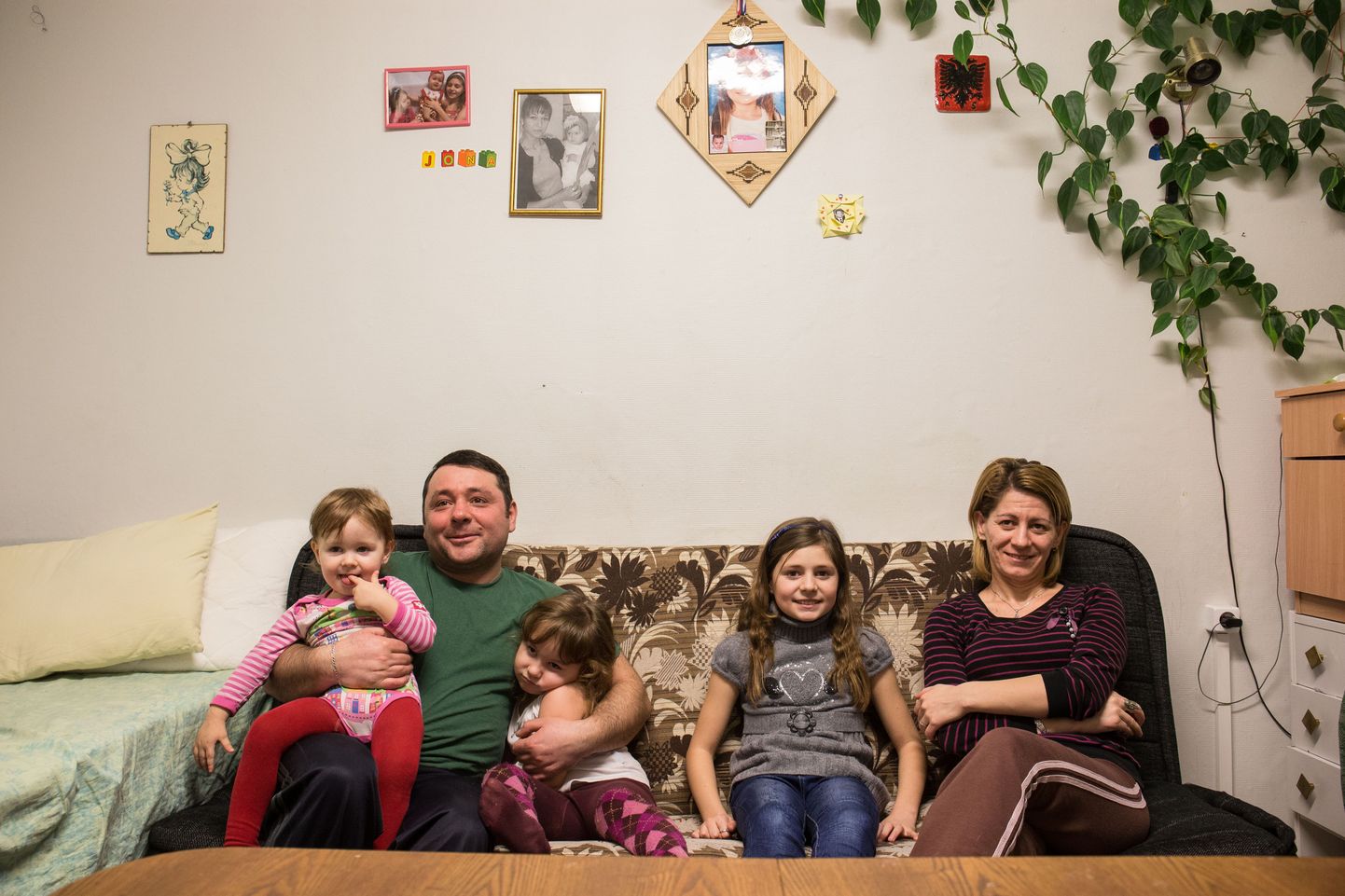We were seeing what Supreme Court had thought, what the Constitution was saying, what the convention of human rights was saying. This is an aggregate of all things, a very extreme variant. Broadly speaking, this is with view to humane consideration.
- Essentially you were seeking line upon line in legislation how to consider the human situation of a family, as current Aliens Act allows that not.
Indeed, all this is made complicated by the lack of the option of granting residence permit for humane considerations – which PPA has been expecting for years. That would solve all such problems where we see that very rigid requirements will hinder reasonable decisions.
- How long did your people work in order to find such a variant for the Albanian family?
Well the search has been on the whole time. It has been a lengthy saga. Initially, the individual asked for refugee status; we begun with that and checked the relevant criteria. Turned out we were not able to grant him that. We continued with working (residence permit for working – edit), but the employer regrettably isn’t coming along with that. This is his right, not obligation.
These past few months the work has intensified. Our task is to help find a solution; today regrettably an image has been created that we are hindering. We are deeply sorry it has gone like this, but by yesterday (Tuesday – edit) evening the family will know what they need to do.

/nginx/o/2017/01/27/6287643t1hc88d.jpg)